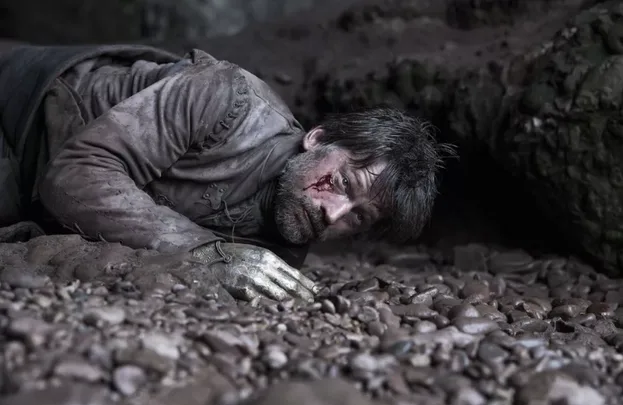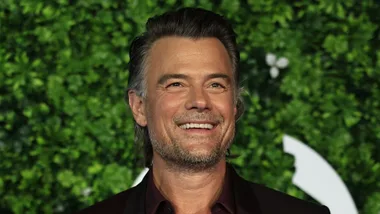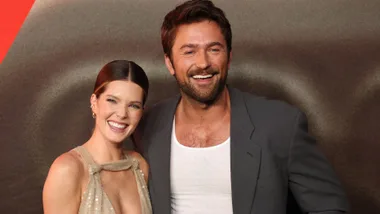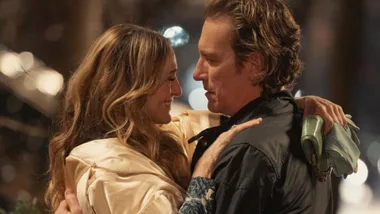Did you stock up on tissues before watching the new episode of Game Of Thrones? You’re not alone: the pain you feel when your favourite fictional characters are obliterated is totally legitimate.
Moreover, the sudden death of a beloved TV character can have a similar impact on our psyche as losing someone we actually knew in real life. The emotional attachment we develop to fictional characters has its own term in clinical psychology – ‘parasocial relationships’ – referring to to the one-way bond we develop with characters from films and TV shows.
“Human beings love stories and making connections, even if it’s to fictional people. We create meaning and then experience actual grief when that connection is broken,” Christiane Manzella, the clinical director of the Seleni Institute for Women told TIME.

And while some might dismiss grief for a fictional character, Manzella said what GOT fans are likely feeling is something called disenfranchised grief.
“Disenfranchised grief is grief that’s not considered ‘OK’ by other people. Sometimes people have this strong feeling of loss or sadness but don’t know if it’s strange to feel that way,” she said. “But the connection is real, and loss is loss.”
RELATED: Fans Are Mad At The Way Jamie And Cersei Lannister Died On ‘Game of Thrones’
In a 2013 paper in the Journal of Consumer Research, marketing experts studied people’s responses to the end of so-called “narrative brands,” which many follow along with for years, or even decades.
So, it’s pretty spot on to say that our favourite characters may not suffer when they die, but true fans certainly do. So if you’re feeling lost after a show ended or your favorite character died, know it’s all part of the process. And if you’re not, you can still support others because everyone deserves a little space to grieve.

RELATED: Here’s A Full List Of Everybody Who Died On The Latest ‘Game of Thrones’ Episode










